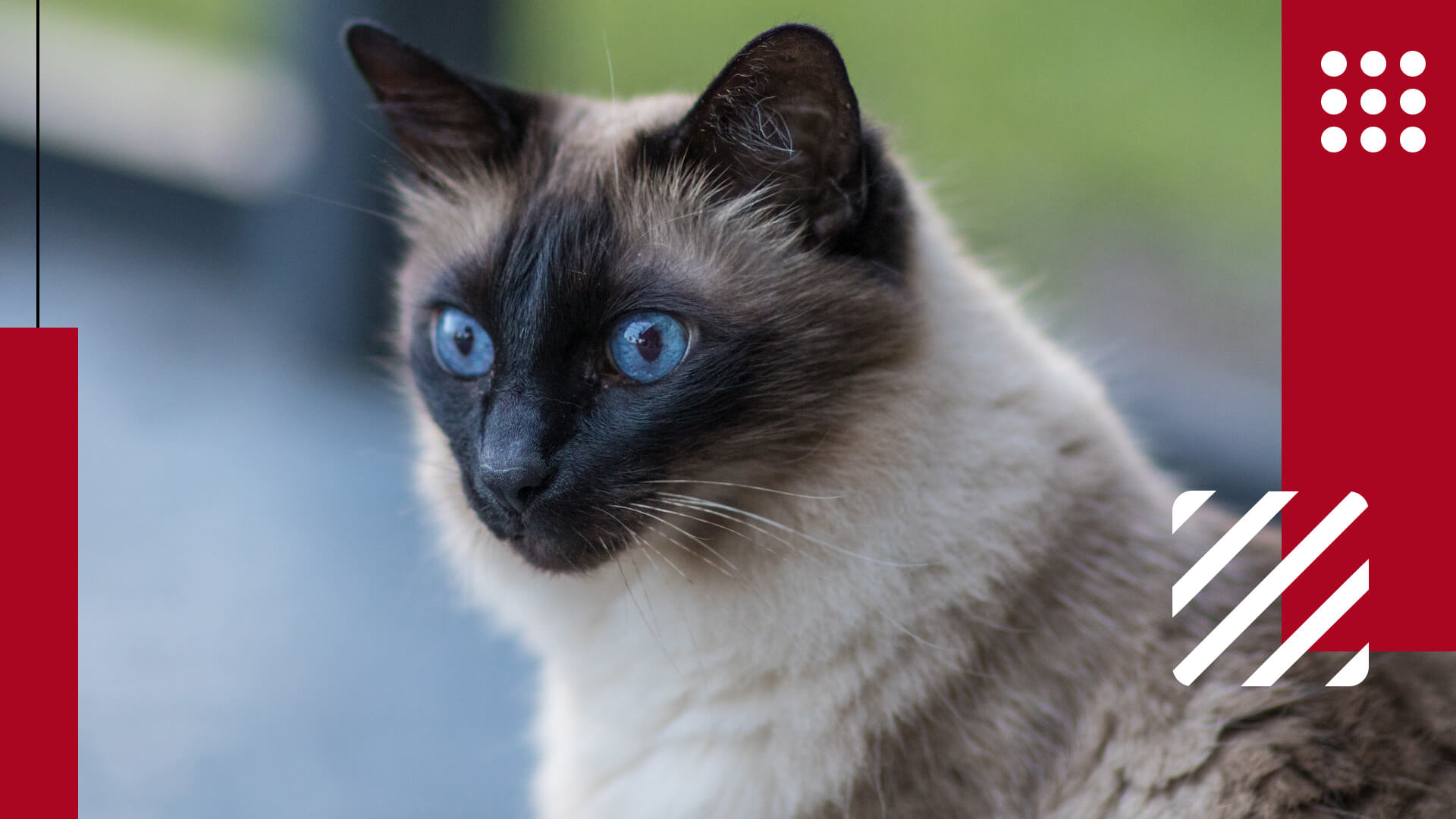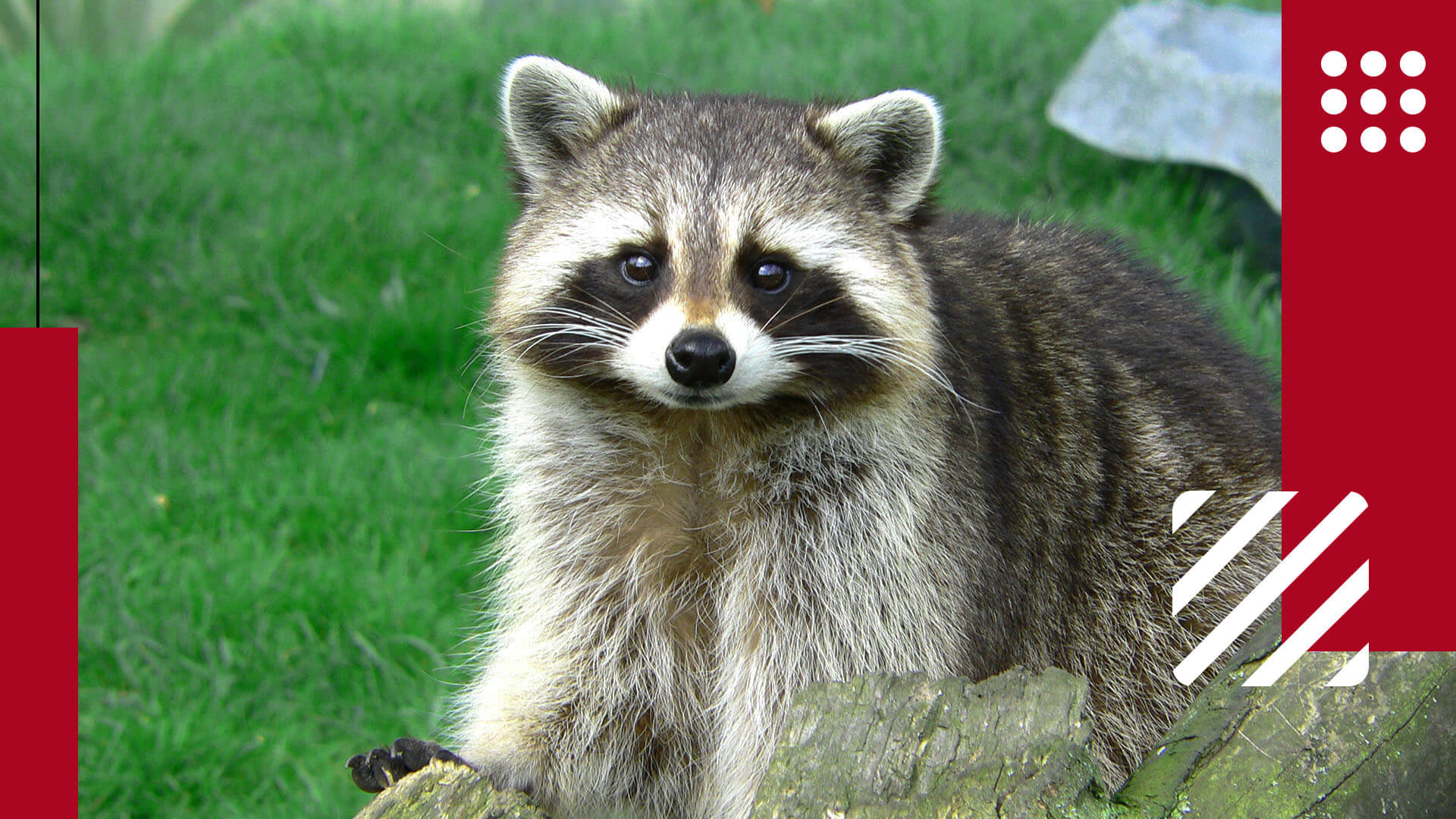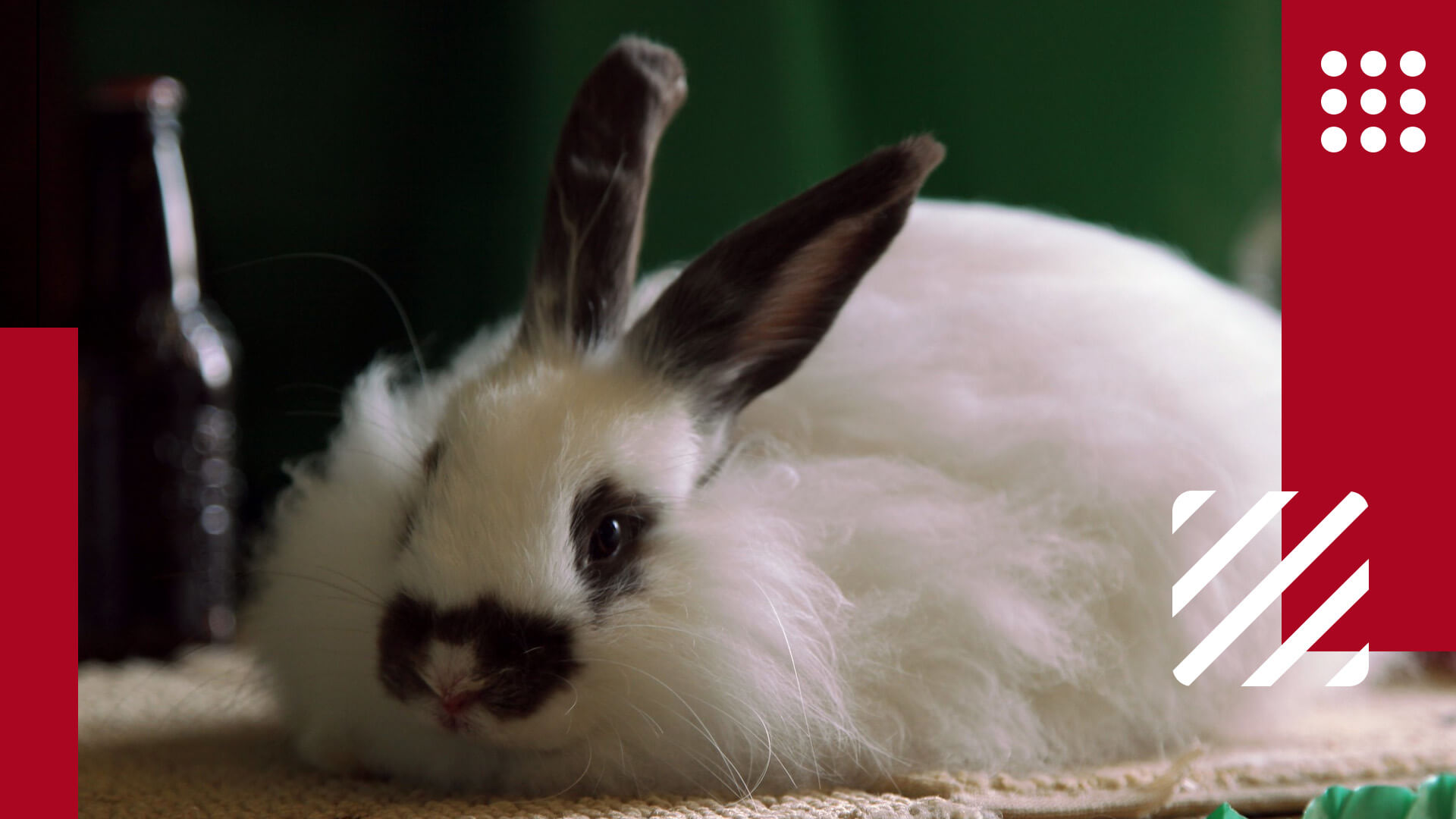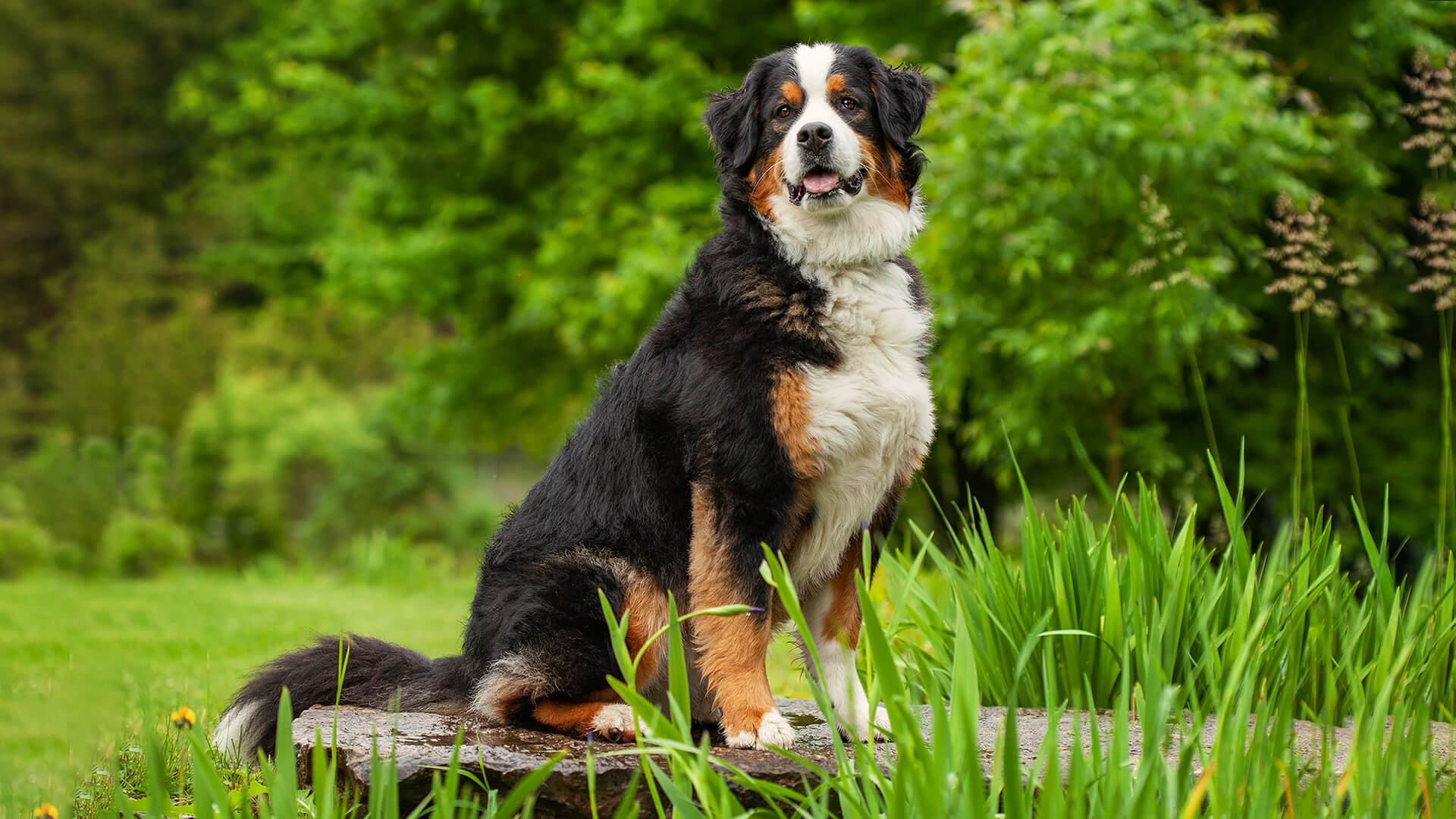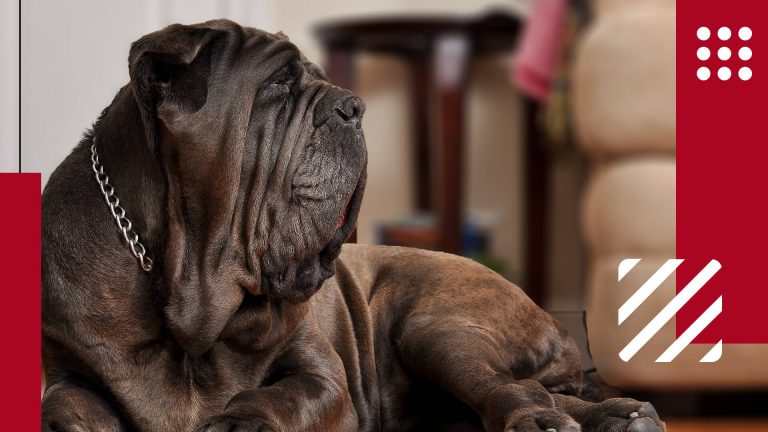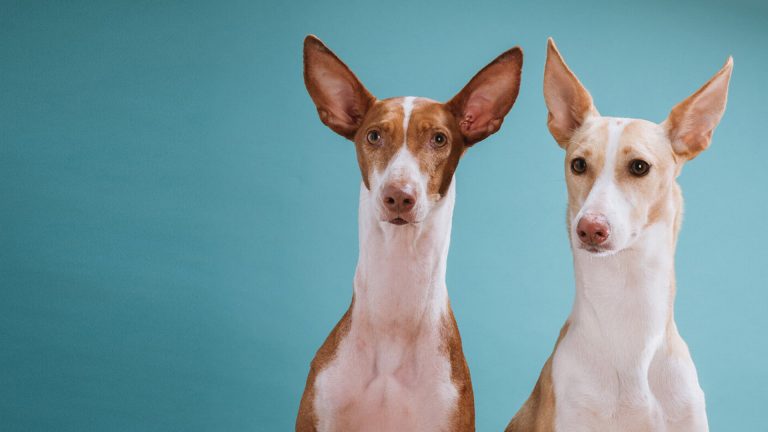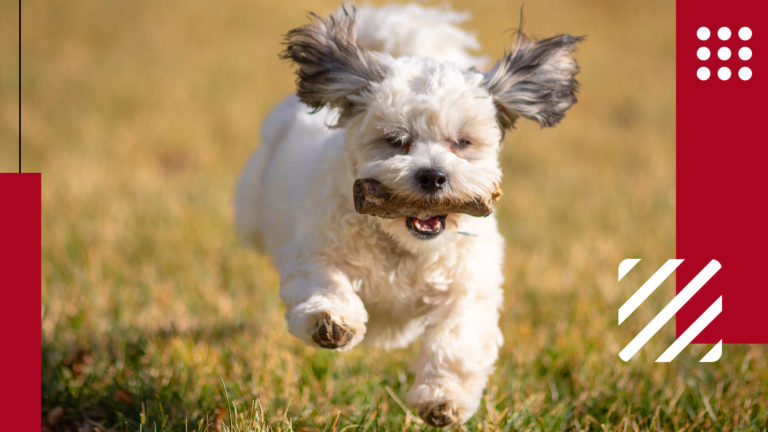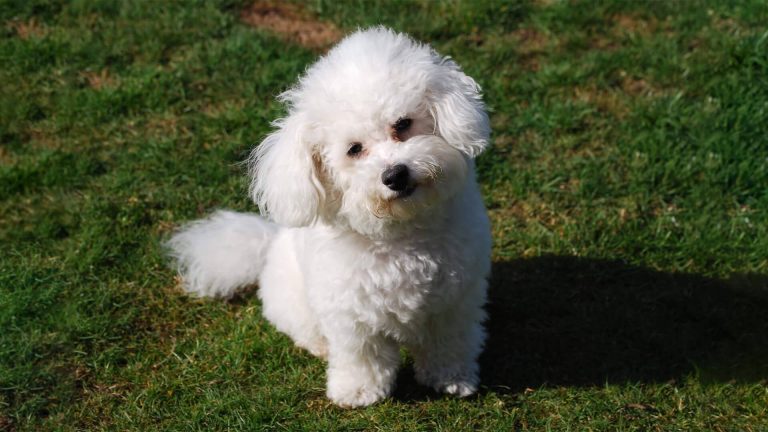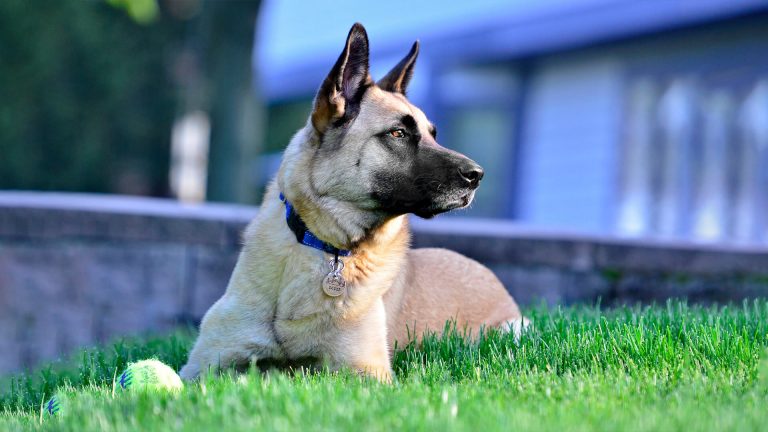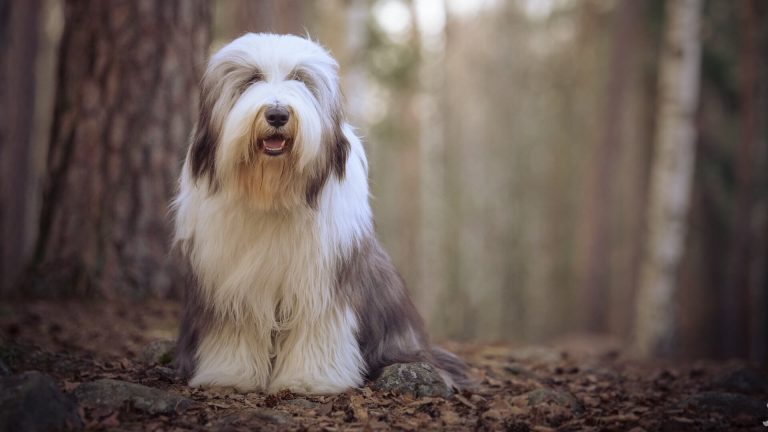You are likely to choose Corgi husky mix if you are on the lookout for a playful and fluffy little pup. It is true they are not only very cute and cuddliest dogs but are full of energy. Highly adaptable they live happily in city apartments in rural areas as well as countryside residences. These dogs are naughty, alert, happy to please, energetic, friendly, bold, Companionable social. Loyalty is unquestionable.
Corgis the herding dogs mixed with huskies the sledging dogs bring to this world exceptional herding variety exhibiting traits of attentiveness and tremendous energy level. Individually Corgi and the Husky are acknowledged by American Kennel Club but the mix is not. The word Corgi is based on the Celtic word Kergie which translates as a dog.
This dog is the product of a Siberian husky and Cardigan or Pembroke Welsh Corgi. They have inherited intelligence from their parents. The presence of most Siberia Huskies in the USA dates back from the time they were imported in 1930 from Siberia. Husky have ancestry in Taymyr wolves. They were imported to Alaska and were engaged as sled dogs at the time of the Gold Rush.
Distinctive Features of a Corgi Husky Mix
| Breed Name | Corgi Husky Mix (Horgi) |
| Lifespan | Up to 15 years |
| Size | Up to 15 inches |
| Weight | 25-50 pounds |
| Coat | Can vary, may have a combination of Corgi's shorter, dense coat and Husky's longer, thicker coat |
| Color | Can vary, common colors include black, brown, sable, and white |
| Health risk | Moderate |
| Unique trait | Mix of Corgi's short legs and Husky's wolf-like appearance |
| Temperament | Energetic, intelligent, and friendly |
| Maintenance | High |
| Adaptability | Moderate to high (can adapt to different living environments) |
| Behavior | Generally good, but supervision is recommended |
| Personality | Active, playful, and may have a moderate to high energy level |
| Social | Can be friendly with other dogs and pets if properly socialized |
These dogs have a tiny sturdy and stable frame. Legs are short. The corgi husky is a medium to large size dog. The ears are erect and rounded heads. The eyes are almond-shaped. The weight is 20-50 pounds and height 12-15 inches. The classification is given in as Pastoral breed. The head looks similar to the fox. Shull is broad as well as flat in the center of the ear. This breed is mostly heavy due to its bones but is still agile. The hindquarters help it in rough terrain. The neck is of the right dimension to balance. The shoulder's bulge a little. The rib cage and body are well-formed.
The coat is water-resistant and the dog keeps warm during the rainy season. The color of the fur can be sable, tan, and red, fawn because of Corgi's linage. It could be grey, black, and agouti from Husky parents. The fur hue can be in one color or tri-color. The white markings are taken after both parents. Because of genes, the pup may take medium to long fur. Corgi parent coat will give long straight coat but Husky coat is short and thick. This breed has a long topcoat and dense undercoat. The fur shedding is seasonal but moderately high otherwise.
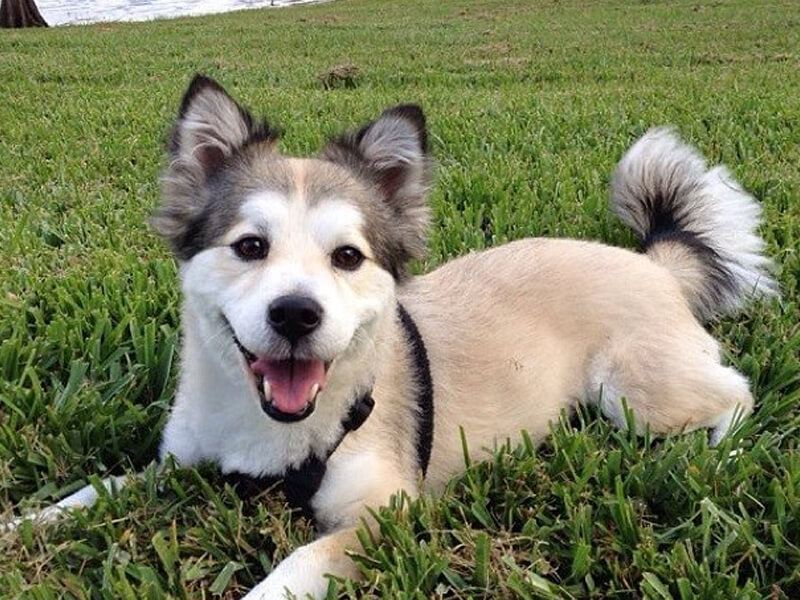
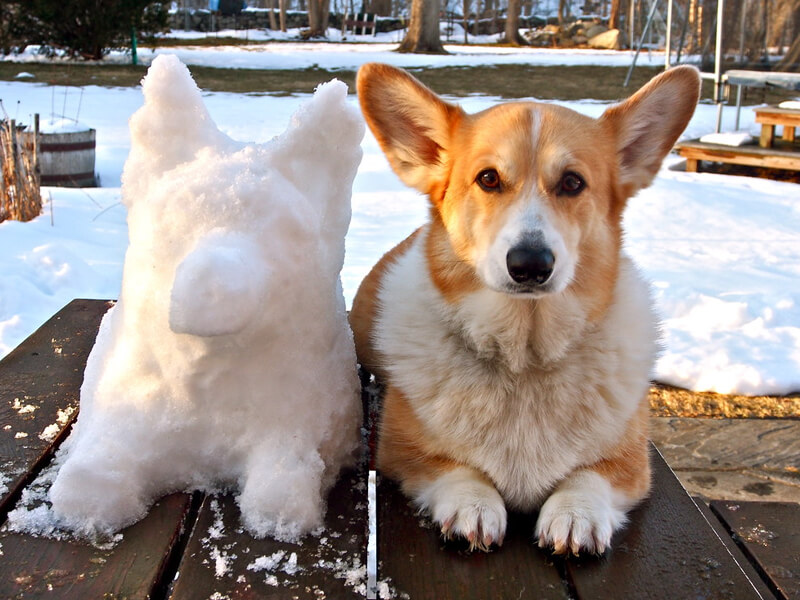
How to Take Care Pet Corgi Husky Mix?
Taking care of a Corgi Husky mix, also known as a Horgi, requires a balance of physical exercise, mental stimulation, and love. These adorable and energetic dogs thrive in a nurturing environment where they receive attention and guidance from their owners. With their unique appearance and charming personality, they quickly become a beloved part of the family.
How to Set up Habitat for Corgi Husky Mix?
When setting up a habitat for a Corgi Husky mix, it's important to create a safe and comfortable space where they can thrive. Here are some guidelines to help you set up their habitat:
- Provide a designated indoor space: Create a specific area inside your home where your Corgi Husky mix can relax and feel at ease. This can be a crate, a dog bed, or a cozy corner with blankets and pillows.
- Ensure sufficient outdoor space: Corgi Husky mixes are active dogs that require regular exercise. If you have a backyard or access to a secure outdoor area, provide them with enough space to run, play, and explore. Make sure the area is properly fenced to keep them safe.
- Supply appropriate bedding: Offer a comfortable and supportive bed for your Corgi Husky mix to rest and sleep. Choose a bed that is the appropriate size for their body, with enough cushioning to provide comfort.
- Provide toys and mental stimulation: Corgi Husky mixes are intelligent and need mental stimulation to prevent boredom. Provide a variety of toys, such as puzzle toys, chew toys, and interactive toys, to keep them entertained and engaged.
- Ensure proper fencing: If you have an outdoor space for your Corgi Husky mix, ensure that the fencing is secure and tall enough to prevent them from escaping. Huskies are known for their ability to jump, so it's important to have a fence that is high enough to deter them.
- Maintain a comfortable temperature: Corgi Husky mixes have a double coat that helps them regulate their body temperature, but they can still be sensitive to extreme heat or cold. Ensure that their living area has adequate temperature control and provide them with shelter if they are outdoors.
What to Feed Pet Corgi Husky Mix?
Horgis have a healthy appetite and can easily gain weight if not properly exercised. To prevent weight gain, it's important to establish regular meal times and avoid feeding them in between. Obesity can lead to back problems, so maintaining a healthy weight is crucial. Regular exercise is essential to build muscle and keep them in good shape. Consistent training with timely rewards is effective, especially when the owner demonstrates strong leadership qualities with firmness and a positive approach. Without regular exercise, Horgis may become ill-behaved and irritable.
It's recommended to consult a veterinarian to determine the appropriate daily caloric intake for your Horgi based on their size, activity level, and ideal weight range. It's important to avoid both underfeeding and overfeeding. Treats like olives, tuna, and sunflower seeds can be used, but in moderation. Establishing consistent meal times and sticking to them is important for maintaining a healthy feeding routine.
Brushing, Bathing & Grooming Needs of Corgi Husky Mix
Corgi Husky mixes, like their parent breeds, require regular brushing, bathing, and grooming to keep their coat and skin healthy. Here are some guidelines to follow:
- Brushing: Brush your Corgi Husky mix's coat at least two to three times a week to prevent matting and remove loose hair. Use a slicker brush or a pin brush to thoroughly comb through their double coat, paying attention to areas like the neck, chest, and behind the ears.
- Bathing: Bathe your Corgi Husky mix as needed, usually every 6 to 8 weeks or when they get dirty. Use a mild dog shampoo and make sure to thoroughly rinse off all the soap to avoid skin irritation. Be careful not to over-bathe them, as it can strip their coat of natural oils.
- Grooming: Regular grooming tasks for a Corgi Husky mix include trimming their nails, cleaning their ears, and brushing their teeth. Trim their nails every few weeks to prevent them from becoming too long and causing discomfort. Clean their ears regularly to remove any dirt or debris, and check for signs of infection. Brush their teeth several times a week with a dog-specific toothbrush and toothpaste to maintain good dental hygiene.
- Shedding: Corgi Husky mixes are moderate to heavy shedders, especially during seasonal changes. Be prepared for regular vacuuming and use a deshedding tool or undercoat rake to manage their shedding. Daily brushing during heavy shedding periods can help minimize loose hair around the house.
Health Concerns of Pet Corgi Husky Mix
Corgi Huskies are prone to various health issues, including skin, eye, and back problems. They can also be susceptible to diseases such as epilepsy, Von Willebrand's disease, hip dysplasia, and obesity. Additionally, achondroplasia, a form of dwarfism, can occur when the bones fail to grow properly. Huskies, in general, may experience eye problems like progressive retinal atrophy, canine glaucoma, and corneal dystrophy, which can also affect Corgi Husky mixes. It's important to have a conversation with the breeder to inquire about the health conditions of the parents and ensure that the dog is properly vaccinated to maintain a healthy life. Puppies typically receive their first vaccinations between 8-10 weeks of age.
How to Train Pet Corgi Husky Mix?
Behavioral training is given for aggression, barking, howling, food guarding, and chewing as well as separation anxiety. Obeying orders like come, stay, sit, and down grilled into behavior right from puppy days.
On the adverse side, these dogs enjoy barking in case the training is lacking. Training and exercise are a must. Moreover, they love the company and detest being left alone. They get destructive in a lonely house. Right from the time, it is a pup, begin to leave it alone for a short duration and increase the time frame gradually. Remember to give positive reinforcement for good behavior.
Running and jogging every day suits the dog. Do not overdo it as the dog will then be traumatized. In the summer months take the dog for exercise at dusk and dawn.
What People Are Reading:
Frequently Asked Questions About Pet Corgi Husky Mix
Here are some of the generally asked questions about Corgi Husky Mix:
Are Corgi Husky mixes good with children?
Yes, Corgi Husky mixes are generally good with children. They are known to be friendly, affectionate, and playful, making them suitable companions for kids. However, as with any dog, it's important to supervise interactions between the dog and children to ensure mutual respect and safety.
How much exercise does a Corgi Husky mix need?
Corgi Husky mixes are energetic dogs that require a moderate to high level of exercise. Daily walks, playtime, and mental stimulation are important for their physical and mental well-being. Aim for at least 30 minutes to 1 hour of exercise each day to keep them happy and healthy.
Are Corgi Husky mixes easy to train?
Corgi Husky mixes are intelligent and eager to please, which can make them relatively easy to train. However, they may inherit some stubbornness from the Corgi side, so consistent and patient training methods are important. Positive reinforcement techniques, such as rewards and praise, work well with this mix.
Do Corgi Husky mixes get along with other pets?
Corgi Husky mixes can generally get along well with other pets, including dogs and cats, especially if they are properly socialized from a young age. Early socialization and proper introductions are key to ensuring peaceful coexistence among pets in the household.

